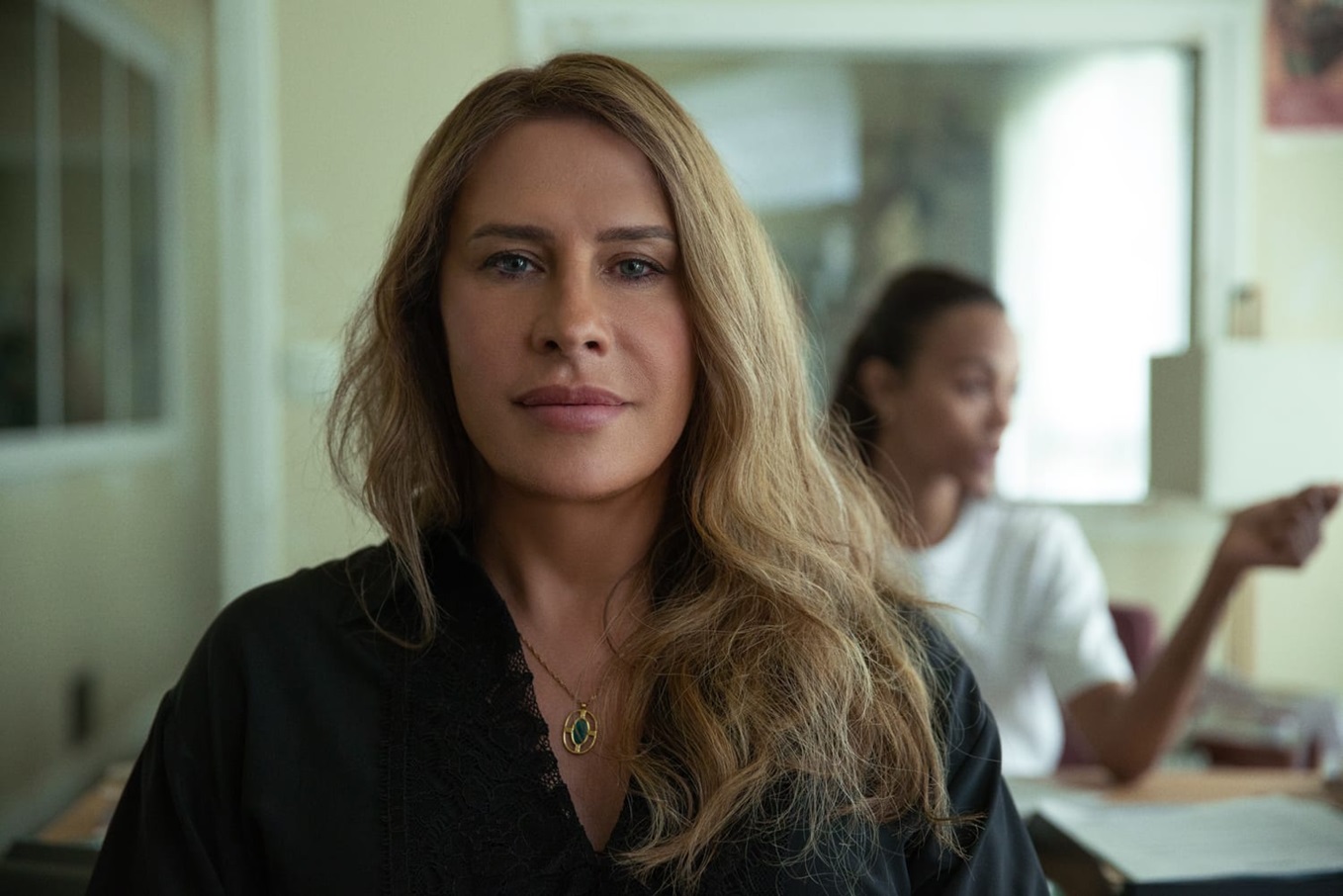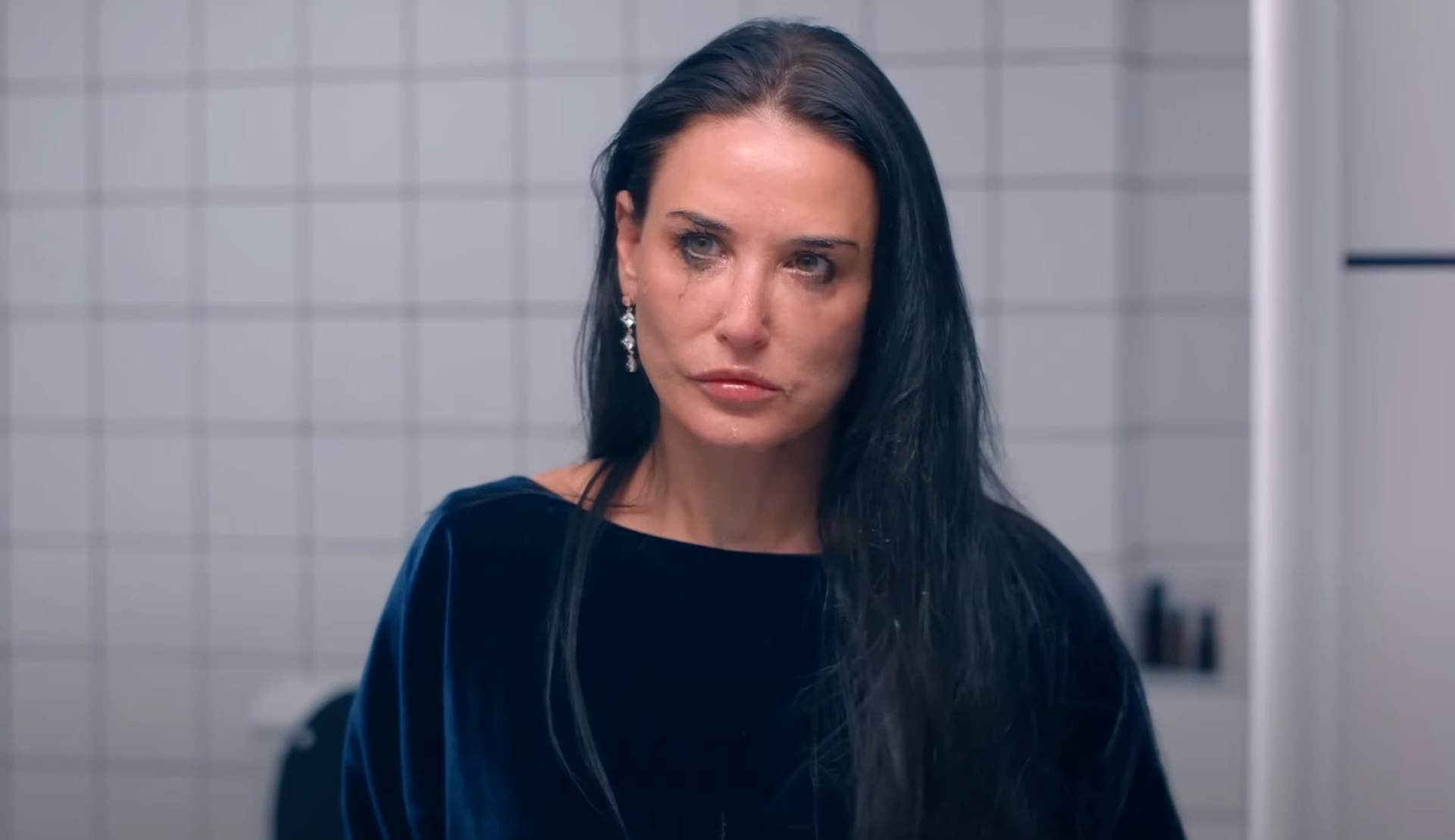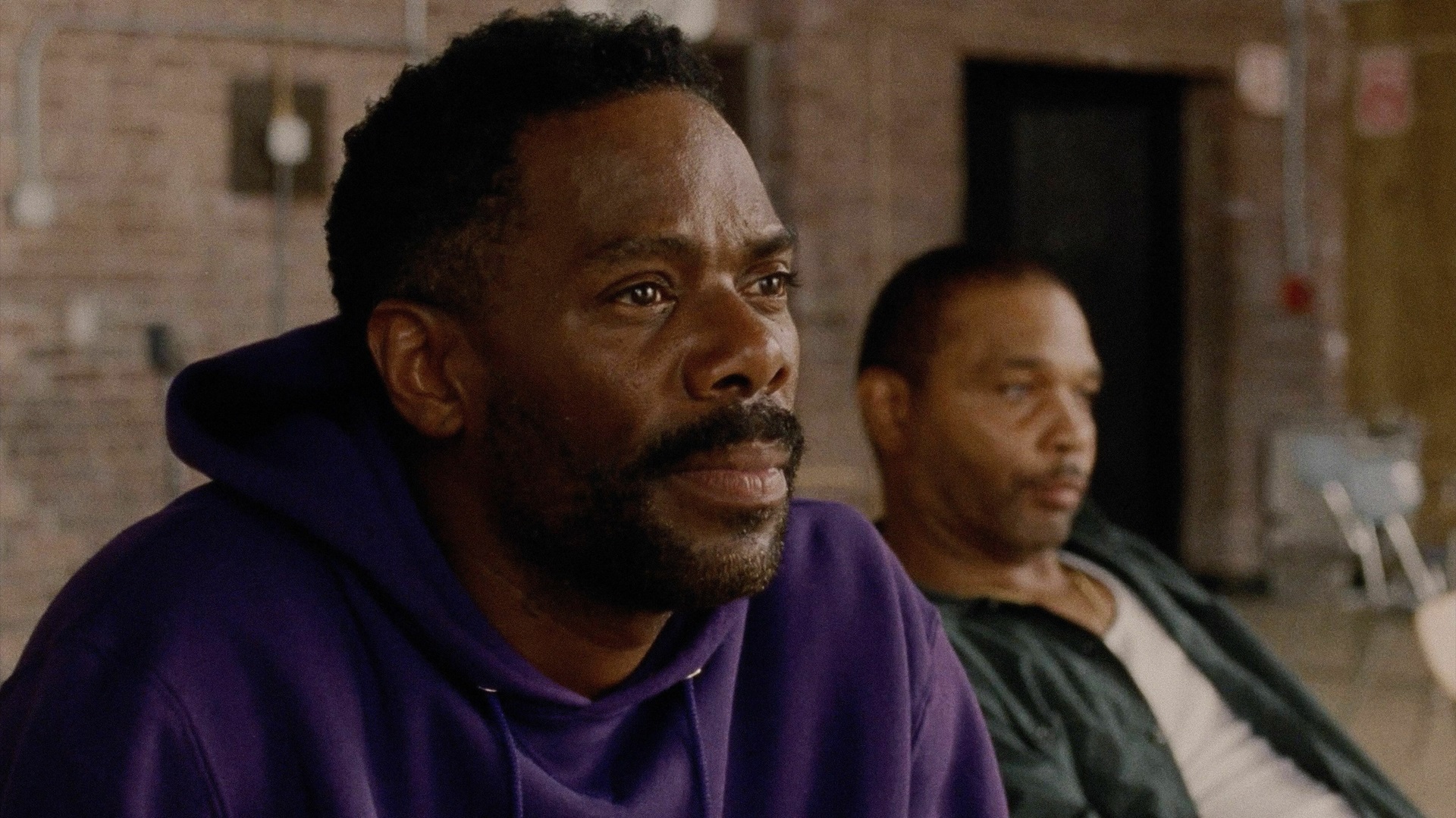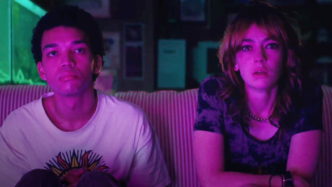In the wake of the devastating Los Angeles wildfires that struck the heart of the entertainment industry—both literally and emotionally—the belated announcement of the 97th Academy Award nominations has sparked a mixture of excitement, acknowledgment, and controversy. The 2025 Oscar nominations offer more than a mere list of this year’s cinematic standouts; they provide a window into the evolving trends shaping the film industry. With a pronounced emphasis on musicals and genre films, as well as historic firsts in acting categories, this year’s selections reflect a Hollywood landscape that is increasingly diverse, genre-fluid, and artistically ambitious.
Following the nomination announcement on January 23, 2025, industry insiders and fans alike are eagerly anticipating the Oscars ceremony (Academy Awards) which is scheduled for March 2 at Hollywood’s renowned Dolby Theatre. With the ceremony set just two months after the wildfires that claimed at least 29 lives and destroyed thousands of homes and businesses, organizers have introduced several changes to the show to honor the community’s loss. “This year’s ceremony will include special moments acknowledging those who fought so bravely against the wildfires,” stated Academy Chief Executive Officer Bill Kramer in an interview with The Times. “We feel that we must move forward to support our film community and use our global platform to draw attention to these critical moments in our history.”
In a bid to inject fresh energy into the often-outdated ceremony, the Academy made a strategic change in its hosting duties. Rather than retaining Jimmy Kimmel, they opted for first-time Oscars host Conan O’Brien—a seasoned comedian with an impressive track record, including his stint hosting the Emmys. While expectations remain high that O’Brien will deliver both humor and reliability, his appointment underscores the Academy’s desire to remain both relevant and respectful during these challenging times.
Tradition has long dictated that nominees convene for an Oscars luncheon to celebrate their collective achievements; however, this year’s event has been canceled in deference to the somber atmosphere following recent disruptions. Additionally, while best original song performances have been omitted from the ceremony, the Academy has retained the popular “Favorite 5” moments. In these segments, past winners acknowledge the nominees before the final winner is announced—an element that has grown to be both a celebratory nod to Hollywood’s storied past and an indicator of the industry’s willingness to embrace change.
Musicals and Genre Films in the Limelight inthe 2025 Oscar Nominations—A Passing Trend or a New Normal?
One of the most striking features of the 2025 nominations is the robust presence of musicals and genre films. Wicked, the highly anticipated adaptation of the Broadway hit, has earned 10 nominations, including two nods for Best Actress for Ariana Grande and Cynthia Erivo. Meanwhile, Emilia Pérez, a Spanish musical crime drama, leads the pack with 13 nominations—a historic moment for a genre that has traditionally struggled to gain recognition at the Oscars. Yet, even as the film garners accolades, it faces significant controversy.
Emilia Pérez tells the provocative story of a cartel leader who undergoes a gender transition, interweaving musical elements with a narrative set in the perilous world of organized crime. While the film’s ambition and artistic daring have been widely lauded, critics have also voiced concerns regarding its approach to sensitive subject matter. Mexican screenwriter Héctor Guillen took to social media expressing his discontent: “Mexico hates Emilia Pérez / Racist Euro Centrist Mockery / Almost 500K dead and France decides to do a musical.” His post, which garnered over 2.7 million views, encapsulated the outrage felt by many who saw the film as lacking cultural sensitivity—particularly against the backdrop of the ongoing Mexican drug war. Other commentators have argued that presenting real-world suffering through musical numbers risks trivializing genuine tragedy, with one social media user remarking, “Emilia Pérez is one of disgust and outrage, especially over the Holocaust comparison.”
Despite the backlash, the film’s recognition at the Oscars has sparked a broader discussion about the evolution of genre filmmaking in Hollywood. In recent years, there has been a discernible shift in the Academy’s approach. Critics such as Vanessa Thorpe of The Guardian have argued that the film’s most memorable moment—a poignant song performed by a chorus of bereaved Mexicans reclaiming the bodies of their lost relatives—may indicate that the film tackles themes of hidden guilt and societal responsibility, rather than solely focusing on gender identity.
This trend extends well beyond Emilia Pérez. Other genre films such as The Substance and Anora have also earned multiple nominations. The Substance, starring Demi Moore as a fitness guru who resorts to extreme measures to regain her youth, interlaces elements of horror and fantasy to explore themes of vanity and transformation. The film has garnered praise for its bold narrative and Moore’s compelling performance—a moment in her career that critics believe signifies her late-career resurgence. Anora, which chronicles the rags-to-riches journey of a Brooklyn lap dancer, infuses its narrative with surreal and mythological elements, crafting a modern-day fairy tale that has resonated deeply with audiences and critics alike.
Even in the realm of science fiction, the Academy’s expanding tastes have become evident. Blockbusters such as Dune: Part Two have managed to secure nominations in the fiercely competitive Best Picture category. Moreover, the nomination of The Wild Robot—a unique animated feature with a philosophical bent—signals that filmmakers are increasingly experimenting with genre-blending approaches to deliver innovative and thought-provoking stories.
The presence of musicals and genre films among the nominations raises an important question: Does this represent a fleeting moment of novelty or the beginning of a new era in Oscar history? Only time will tell whether the Academy will continue to embrace these genres or revert to its long-held preference for traditional prestige dramas. The awards bestowed on these films could very well set a new precedent for the kind of storytelling that will be celebrated in Hollywood in the years to come.
Diversity in Representation in the 2025 Oscar Nominations—Meaningful Progress or Tokenism?

In a historic first, the 2025 Oscar nominations include an openly transgender performer, Karla Sofía Gascón, who has been recognized in the Best Actress category for her role in Emilia Pérez. This milestone not only advances LGBTQ+ representation at the Oscars but also marks a significant turning point in the industry’s ongoing quest for inclusivity. Additionally, the Best Director category has seen the nomination of Coralie Fargeat for The Substance. Fargeat becomes only the tenth woman to receive a nomination in this category in the Academy’s 97-year history. Her nomination for a daring horror-thriller underscores a growing acceptance of women directing outside traditional genres—a welcome change following the controversy surrounding last year’s exclusion of Greta Gerwig from the Best Director category for Barbie.
Also making headlines is French director Jacques Audiard’s recognition for Emilia Pérez, alongside established luminaries such as Sean Baker (Anora), Brady Corbet (The Brutalist), and James Mangold (A Complete Unknown). Nevertheless, the nominations have not been without their share of controversy. Past comments and tweets from Karla Sofía Gascón have resurfaced, sparking public backlash and leading some to call for the reconsideration of her nomination. Gascón has since issued a public apology, acknowledging the pain caused by her earlier remarks.
The 2025 Oscar nominations also underscore the rising influence of international talent. Brazilian actress Fernanda Torres, for instance, has earned a Best Actress nomination for her vibrant performance in Walter Salles’ latest drama, I’m Still Here. Torres is only the second Brazilian actress ever to receive an Oscar nomination, following in the footsteps of her mother, Fernanda Montenegro, who was nominated in 1999 for Central Station—also directed by Salles. Torres’ nomination is particularly noteworthy given her recent Golden Globe win for Best Female Actor in a Motion Picture – Drama, signaling a broader acceptance of global perspectives within American cinema.
Despite these notable achievements, the overall presence of women and people of color among the nominees remains limited. Historically, only 17% of all Oscar nominees have been women, with less than 2% being women of color—a statistic cited by The Inclusionist List. This year, among the ten films nominated for Best Picture, only The Substance was directed by a woman—a stark decrease from the previous year’s record of three female-directed films. In the acting categories, disparities persist as well. While Coralie Fargeat (The Substance) and Mona Fastvold (The Brutalist) are the only female nominees for Best Original Screenplay, only two women—Joslyn Barnes (Nickel Boys) and Lea Mysius (Emilia Pérez)—have been nominated in the Adapted Screenplay category. Even in the craft categories which have traditionally been dominated by men, there are few exceptions, such as Paul Tazewell’s nomination for Costume Design in Wicked and Juliette Welfling’s recognition for Editing on Emilia Pérez.
For people of color, progress has been slower to manifest. The issue of underrepresentation first gained widespread attention in 2015 when activist and writer April Reign launched the #OscarsSoWhite campaign, protesting the lack of nominees from diverse backgrounds. In response, the Academy has implemented measures to diversify its membership—doubling the number of female members and tripling the members of color. More recently, new inclusion standards were introduced, requiring films contending for Best Picture to meet specific representation benchmarks, such as ensuring that lead or significant supporting roles are filled by actors from underrepresented racial or ethnic groups.
Yet, even with these progressive measures, the 2025 Oscar nominations have featured only a handful of performers of color, such as Colman Domingo (Sing Sing) and Cynthia Erivo (Wicked). While recent historic wins by figures like Spike Lee for BlacKkKlansman (2019) and Bong Joon-ho for Parasite (2020) have been celebrated as breakthroughs, the overall landscape still reflects lingering disparities. This recognition of diversity, although a step forward, prompts ongoing debates about whether the changes represent true equity or are merely token gestures designed to appease modern expectations.
True representation, many argue, must extend beyond merely listing diverse names; it requires ensuring that all voices—from those behind the camera to those in front—are given equitable opportunities. As the Academy continues its journey to confront long-entrenched systemic issues, the nominations for 2025 serve as both a celebration of progress and a stark reminder of the work that still lies ahead.
Beyond Hollywood: The Globalization of the Golden Statue

The Oscars have long been seen as the pinnacle of cinematic recognition, yet the boundaries that once separated domestic and international filmmaking are now dissolving. This year, the inclusion of more foreign-language films in the Best Picture category than ever before signals a deliberate shift by Academy voters. The acclaimed film Parasite broke new ground in 2020 by becoming the first non-English language film to win Best Picture, and since then, the trend has only accelerated.
The 2023 Best Picture nominations featured two international, foreign-language films and one American production that incorporated significant portions of a foreign language. This trend continued robustly into 2024, and in 2025 it is once again clear that Hollywood is increasingly embracing global storytelling. Productions such as Emilia Pérez, a French-Mexican co-production, The Brutalist, which boasts an international ensemble cast, and Brazilian director Walter Salles’s Portuguese-language drama I’m Still Here are clear examples of this evolving dynamic.
The rise of streaming platforms like Netflix has further accelerated this globalization. With Netflix receiving 18 nominations across six titles—second only to Universal Pictures’ 25 nominations—the boundaries between theatrical and digital releases are blurring. This year’s nominations continue a trend seen with previous streaming successes such as All Quiet on the Western Front (2022) and Society of the Snow (2024). In contrast, other streaming giants have made quieter showings; for example, Amazon MGM Studios received only two nominations for Nickel Boys, including a Best Picture nod. Meanwhile, both Disney and A24 have secured 14 nominations each, with A24’s standout film The Brutalist earning 10 nods.
Historically, non-English language films were often relegated to the now-retired Best Foreign Language Film category, rarely considered for the major categories. Iconic filmmakers such as Federico Fellini and Ingmar Bergman experienced similar marginalization during their careers. The renaming of the category to Best International Feature Film in 2019 was intended as a step toward greater inclusivity—a move that has begun to reshape the Academy’s perspective on what constitutes artistic merit. Film critic Kyle Buchanan has pointed to cultural phenomena such as the wildly popular South Korean thriller series Squid Game as evidence that American audiences are now more receptive to foreign-language productions. Major hits like Squid Game and Parasite have not only captivated audiences worldwide but also challenged traditional assumptions about language and cultural boundaries.
The globalization of cinema is not merely a passing trend; it represents a fundamental shift in how stories are told and appreciated. As the world becomes more interconnected and digital platforms provide access to films from every corner of the globe, audiences are increasingly embracing narratives that transcend language, culture, and geography. The Academy’s evolving recognition of international films is a testament to this broader transformation. In a world where subtitles are no longer viewed as a barrier but rather as a gateway to new perspectives, the Oscars are slowly but surely expanding their definition of cinematic excellence.
New Faces and Evolving Standards for Acting and Performance in the 2025 Oscar Nominations

In addition to genre and global storytelling, the acting categories this year are characterized by a blend of veteran talent and breakthrough stars. The nominations include established actors like Adrien Brody (The Brutalist) and Ralph Fiennes (Conclave), as well as rising talents who are capturing the attention of audiences and critics alike. Demi Moore’s nomination for The Substance marks a celebrated return for the veteran actress, who is experiencing a resurgence akin to that witnessed in previous years with the likes of Michelle Yeoh and Brendan Fraser.
This year’s roster also boasts a strong presence of first-time nominees. Pop sensation Ariana Grande received her inaugural nomination for her role in Wicked, while actor Sebastian Stan earned his debut nod for A Complete Unknown—a role that challenged his previous typecasting in action franchises by portraying a young Donald Trump in The Apprentice. Moreover, actors such as Kieran Culkin and Jeremy Strong known for their work on the acclaimed series Succession, have secured their first nominations for their performances in A Real Pain and The Apprentice, respectively. These debuts highlight the Academy’s commitment to recognizing both emerging talent and established stars.
Nevertheless, not every nomination has been embraced by the public. Critics have raised concerns regarding the double nomination in the Best Actress category for Ariana Grande and Cynthia Erivo in Wicked, with some arguing that the Academy is placing too much emphasis on commercial appeal rather than groundbreaking performance. Likewise, the nominations of Colman Domingo (Sing Sing) and Timothée Chalamet (A Complete Unknown) have rekindled debates about the Oscars’ persistent preference for biographical roles—a trend that some believe narrows the definition of outstanding acting.
Paul Mescal’s nomination for The Wild Robot represents another significant milestone. Having first gained widespread recognition for his performance in Normal People (2020), Mescal has since consistently delivered emotionally resonant performances in films such as Aftersun (2022) and All of Us Strangers (2023). His latest recognition aligns with the Academy’s tradition of honoring breakout performances—echoing earlier milestones like Jennifer Lawrence’s emergence in Winter’s Bone (2010) and Lupita Nyong’o’s breakthrough in 12 Years a Slave (2013).
The blend of established names and new faces in the acting categories serves as a microcosm of the broader industry transformation. While veterans are celebrated for their enduring contributions to the craft, the rise of newcomers symbolizes a dynamic shift toward fresh talent and innovative storytelling. In many ways, the nominations signal that the Oscars are adapting to a rapidly evolving cinematic landscape, one in which the boundaries between genres, cultures, and generations continue to blur.
Leftouts That Surprised Everyone

No awards season is without its controversies, and the 2025 Oscar nominations have sparked intense debate over several unexpected omissions. Among the most notable exclusions were acclaimed actresses Nicole Kidman, Kate Winslet, and Angelina Jolie from the Best Actress category. Kidman, who delivered a widely praised performance in Babygirl, and Jolie, who garnered critical acclaim for her role in Maria, were both seen as frontrunners by industry experts. Similarly, Pamela Anderson, who earned her first-ever SAG Award nomination for The Last Showgirl, was overlooked for a Best Actress nod despite significant praise for her performance in Challengers. Even Zendaya, whose performance had excited many, was left off the list, depriving her of what would have been her first-ever Best Actress nomination.
In the Best Supporting Actress category, Selena Gomez’s omission for her role in Emilia Pérez was particularly perplexing. Despite having received nominations from the Golden Globes and BAFTAs, Gomez’s exclusion from the Oscars has left many fans and critics scratching their heads. Equally surprising were the omissions in the Best Actor category. Daniel Craig, who received critical acclaim for his role in Queer, was widely expected to secure a nomination, yet his performance was ultimately overlooked. Denzel Washington’s powerful portrayal in Gladiator II also failed to receive the recognition many anticipated, with the sequel garnering only a single nomination for costume design and notable omissions in both visual effects and supporting actor categories.
In the Best Director category, the absence of Edward Berger—despite his strong credentials from previous nominations by the Directors Guild of America, Critics’ Choice, BAFTAs, and Golden Globes—raised further questions about the Academy’s selection process. Berger, renowned for his previous success with All Quiet on the Western Front, was widely considered a frontrunner. His exclusion, along with other surprising snubs, suggests that the final list of nominees is influenced by a complex interplay of industry politics, campaign strategies, and cultural relevance that extends beyond pure artistic merit.
What the Oscars Still Get Wrong

Even as the Oscars take bold steps toward modernizing and diversifying their selections, significant systemic issues remain. Legendary director William Friedkin once described the Oscars as “the greatest promotion scheme that any industry ever devised for itself,” suggesting that the awards serve more as a marketing platform than a true celebration of artistry. Michael Schulman, a noted writer for The New Yorker and author of Oscar Wars, has long argued that the Oscars function as a battleground where cultural forces collide—and where the final winners are not always the most deserving by any objective measure.
Critics have frequently pointed to the Academy’s narrow definitions of merit and inclusivity, noting that historical oversights continue to cast long shadows. Marlon Brando famously rejected his 1973 Oscar for The Godfather in protest of Hollywood’s misrepresentation of Native Americans. Similarly, Spike Lee’s Do the Right Thing was overlooked for Best Picture in 1989 in favor of Driving Miss Daisy, a decision that many believe favored a more sanitized depiction of race relations over a raw and unfiltered narrative.
The 2025 Oscar nominations have also drawn attention to the continued underrepresentation of female directors in major categories. Notably, the Best International Feature category remains exclusively male-directed—a stark reminder that, despite some progress, female filmmakers on the global stage still face significant barriers. This is particularly troubling given that non-English language films were once relegated to a separate category entirely, reinforcing a narrow American-centric view of cinematic excellence. The subsequent renaming of the category to Best International Feature Film in 2019 was meant to signal inclusivity, yet structural issues remain. Each country’s limit of one submitted film often forces difficult political and artistic choices that leave deserving works on the cutting room floor.
Another long-standing criticism is the Academy’s tendency to favor certain types of films while neglecting others. Horror, comedy, and action films have often been overlooked in the major categories. This year, The Substance made history as a body horror film receiving a rare Best Picture nomination—the first time in nearly 100 years that the horror genre has been recognized at this level. Similarly, animated films have largely been confined to the Best Animated Feature category since its introduction in 2001. Despite widespread acclaim for animated projects such as Spider-Man: Into the Spider-Verse (Wikipedia), Nimona (Rotten Tomatoes), The Boy and the Heron (Variety), and Inside Out (IMDb), only three animated films—Beauty and the Beast (1992), Up (2009), and Toy Story 3 (2010)—have ever been nominated for Best Picture. This narrow categorization has led to heated debates over the Academy’s perception of animation as a mere “children’s genre.”
Within the acting categories, diversity remains a glaring issue. In 2025, only two Black performers—Colman Domingo for Sing Sing and Cynthia Erivo for Wicked—received nominations. Meanwhile, the craft categories continue to be dominated by white men, with only occasional exceptions such as Paul Tazewell’s recognition for Costume Design in Wicked and Juliette Welfling’s for Editing on Emilia Pérez. Despite the Academy’s efforts to diversify its membership and implement inclusion standards, the disparities are evident and signal that significant work remains.
For many in the industry, these persistent issues serve as a reminder that true representation requires more than token gestures; it necessitates a fundamental restructuring of how talent is discovered, recognized, and celebrated across every facet of filmmaking.
Final Thoughts
The 2025 Oscar nominations paint a multifaceted picture of an industry in transition—one that is embracing diverse storytelling, genre experimentation, inclusivity, and a more global perspective. The increasing influence of international productions and streaming platforms suggests that the Academy is gradually expanding its horizons beyond the traditional confines of Hollywood’s prestige dramas. However, the controversies surrounding films such as Emilia Pérez and the ongoing debates about cultural authenticity and representation serve as stark reminders that systemic challenges still persist.
At their core, these nominations are more than just an annual list of cinematic achievements. They are a reflection of an industry that is actively grappling with its past while charting a course toward a more inclusive and dynamic future. The recognition of musicals, genre films, and international productions signals a willingness to experiment and adapt. Yet, the surprising omissions and persistent disparities reveal that the path to true inclusivity remains a work in progress.
As we look ahead to the Oscars ceremony on March 2, one thing is abundantly clear: the awards are no longer merely about celebrating technical brilliance or artistic merit. They have evolved into a battleground for cultural conversation—a platform where the tensions between tradition and innovation, inclusion and exclusivity, and the old guard versus the new emerge with stark clarity.
The Oscar nominations for 2025 remind us that the Oscars have always been more than a simple checklist of accolades. They serve as an ongoing dialogue about what stories are worthy of being told and whose voices deserve to be heard. Whether these trends will lead to lasting transformation or are simply reflective of a momentary shift in industry sentiment remains to be seen. What is undeniable, however, is that Hollywood is in the midst of a profound transformation—a transformation that challenges long-held conventions while simultaneously honoring the timeless traditions of cinema.
In this moment of transformation, the Oscars invite us to reimagine what cinematic excellence can look like—a vision that is not confined by borders, genres, or outdated norms but is instead enriched by the diverse experiences and voices that define our global community.
The journey toward a more inclusive and representative Hollywood is not without its setbacks and controversies, but the dialogue initiated by these nominations represents a crucial step in the right direction. With each new nomination and every unexpected omission, the film community is reminded that progress is often a gradual, uneven process. Yet, as the Academy continues to adapt to the changing cultural landscape, there is hope that future ceremonies will offer not only a broader representation of artistic talent but also a more equitable and thoughtful approach to recognizing the myriad voices that enrich the world of cinema.
Ultimately, the 2025 Oscar nominations encapsulate an industry in flux—a vibrant, challenging, and sometimes contentious arena where tradition meets innovation. They compel us to reconsider our definitions of excellence and to appreciate the diverse tapestry of stories that are now, more than ever, coming to the fore. As the ceremony approaches, the questions remain: Will the Oscars continue to evolve in step with the rapidly changing world of film, or will they fall back into old patterns of exclusion and narrow definitions of success? The answers may lie in the awards themselves, setting a precedent for the future of storytelling at what is arguably the most prestigious stage in the world of entertainment.







